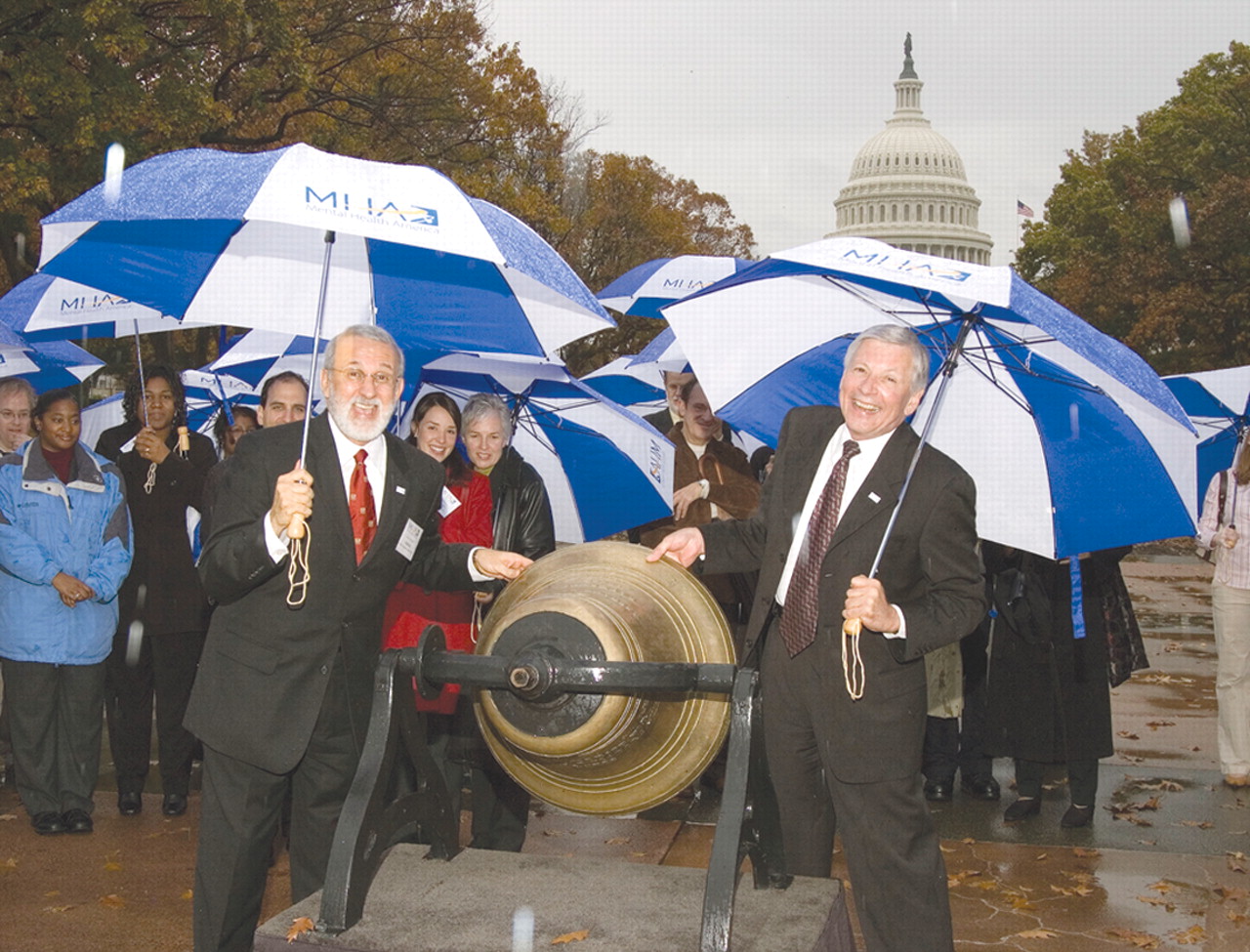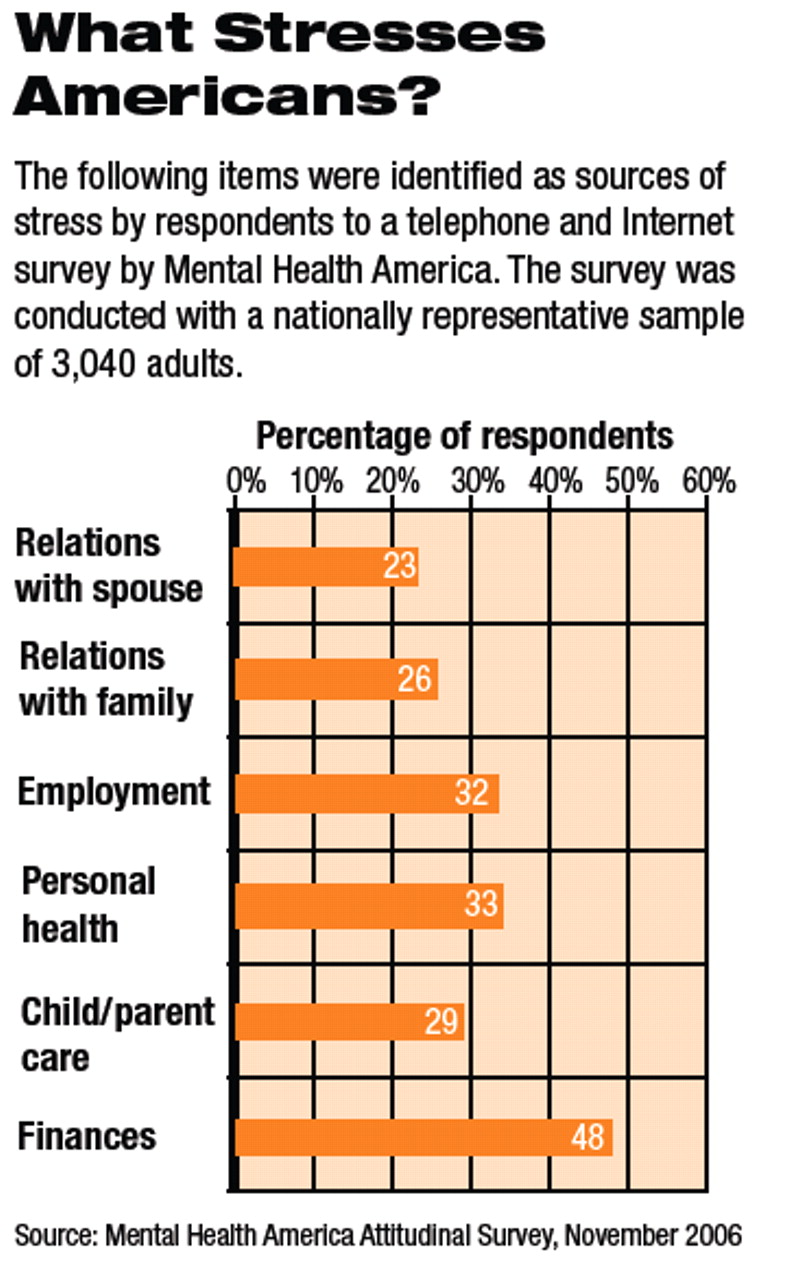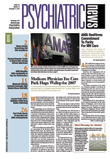The National Mental Health Association has changed its name to Mental Health America and is launching an ambitious campaign to raise awareness and spur discussion about mental health and wellness.
The Alexandria, Va.,-based association announced its new name and released initial findings from an attitudinal survey on stress at a media briefing on Capitol Hill last month.
“Mental Health America will make mental health—and its fundamental role in overall health—more relevant to each person living in this nation,” said David Shern, M.D., who became the association's president and CEO last June, after serving as dean of the Louis de la Parte Florida Mental Health Institute at the University of South Florida. He said that the association will continue its efforts to get mental health parity legislation passed by educating legislators about its importance and collaborating with other mental health advocacy organizations.
The survey results that Mental Health America announced painted an informative picture of the types and amount of stress Americans experience.
The survey was conducted through telephone and Internet interviews from October 10 to November 1 with a nationally representative sample of 3,040 individuals aged 18 and older.
The interviews revealed that the way people cope with stress differed along demographic lines. Among ethnic or racial groups, African Americans were found to be more likely than other groups to use prayer or meditation to deal with stress and anxiety, while Asian Americans were least likely to smoke, drink, or use drugs to cope. Women (42 percent) were significantly more likely than men (31 percent) to eat as a coping mechanism. Of all demographic groups surveyed, parents reported feeling the most stress, and respondents who had college degrees were less likely to feel stressed overall than any other group.
Although most respondents said they viewed their mental health as being excellent or very good, when pressed, many acknowledged specific pressures that add significant stress to their daily lives (see
graph).
“Each of us lives with daily stress as well as challenges—such as living with chronic illness or experiencing a traumatic event—that can impact our entire lives,” said Shern. “We have the knowledge and experience to know how to improve the nation's mental health. What we lack is a national response commensurate with the magnitude of the issue.”
Mental Health America plans to release over the next several months additional findings about the stigma that surrounds mental illness, the types of stress that affects veterans, and Americans' perceptions of health care systems, doctor-patient relationships, and other topics.
Later that same day, the association held its Mental Health America Awards Dinner and conferred awards on A. Kathryn Power, M.Ed., director of the Center for Mental Health Services at the Substance Abuse and Mental Health Administration; Wayne Burton, M.D., senior vice president and medical executive at JP Morgan Chase; and Jack Mahone, M.D., medical director at Pitney Bowes Inc.
More information about Mental Health America can be accessed at its new Web site,<www.mentalhealthamerica.net>. A press release reporting the first round of survey results is posted at<www.mentalhealthamerica.net/go/about-us/pressroom/news-releases/news-releases/nov-16-2006-Americans-reveal-top-stressors-how-they-cope>.▪


